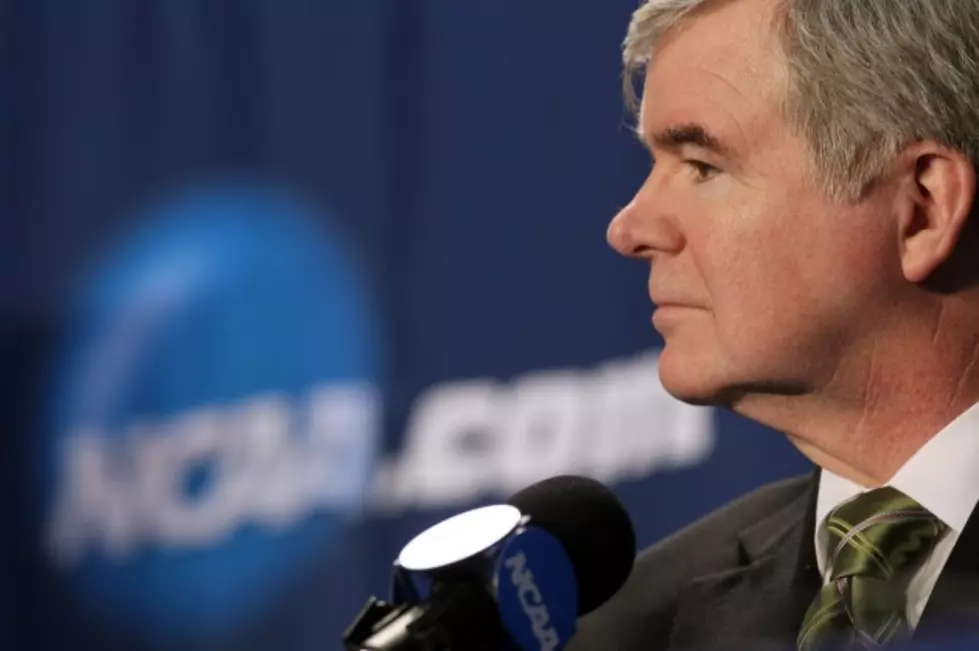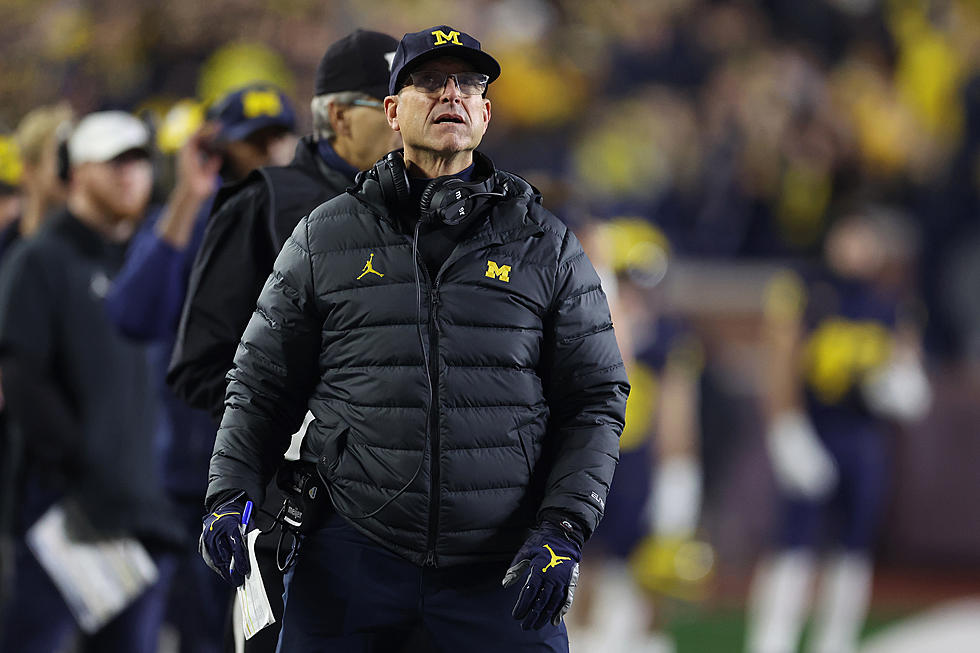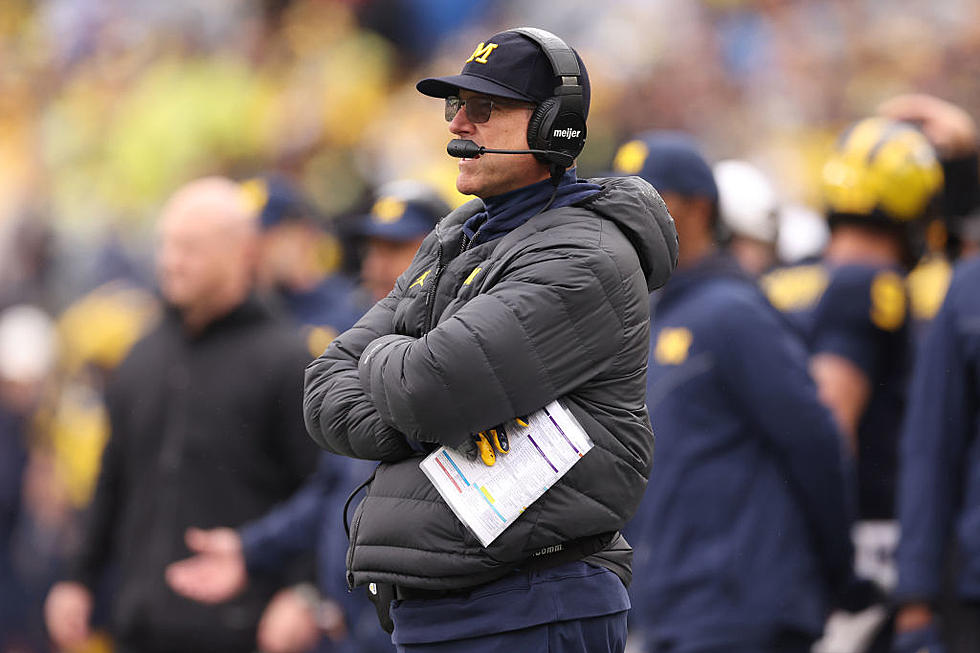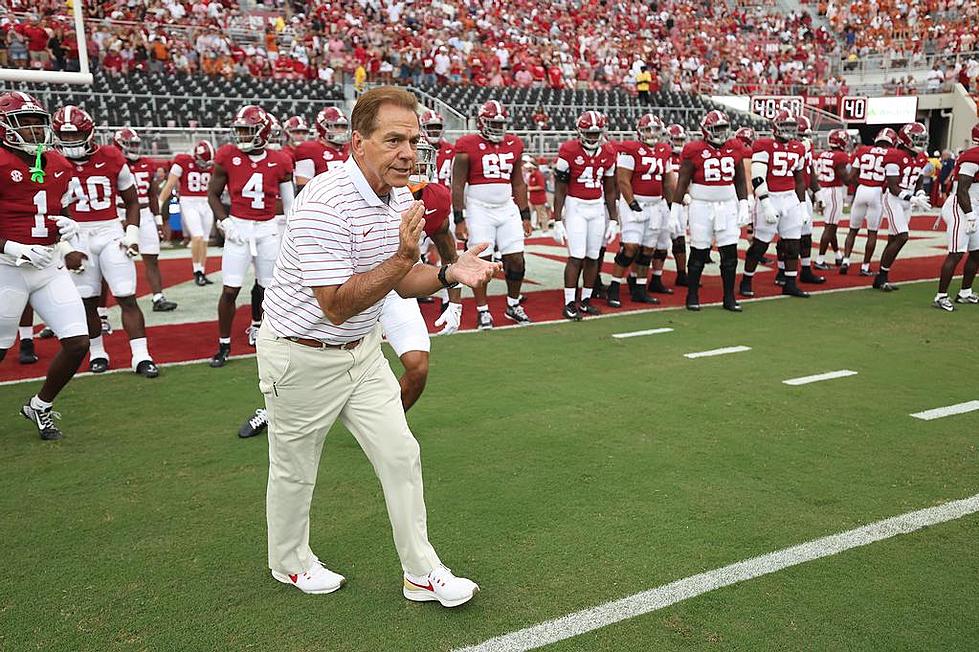
NCAA to Investigate Enforcement Program
The NCAA dropped a bombshell on Wednesday, announcing a new, ongoing investigation. However, this time it was not a member institution, it was the NCAA itself.
The issue that arose regarded improper conduct within the enforcement program in its investigation into the University of Miami-notably staffers working with the criminal defense attorney for Nevin Shapiro to improperly obtain information through a bankruptcy case that did not involve the NCAA. In simple terms, the organization obtained information though would not have been accessible outside of the enforcement program's procedures.
The story was the lead topic on Wednesday's edition of The Game with Ryan Fowler and Mick Gillispie as both Chris Walsh of BamaOnLine.com and Brent Beaird of Lindy's Sports weighed in on the mystery that has become the NCAA enforcement committee.
In Tuscaloosa, as Walsh pointed out, questions about NCAA enforcement were raised long before Wednesday.
The announcement was just another mark in recent months against the enforcement committee.
In southern California a judge ruled that the committee was "malicious" in its case against former Southern California Running Backs coach Todd McNair. Then more recently was an incident regarding the top high school basketball player in the country, Shabazz Muhammad, who committed to UCLA as was documented by the Los Angeles Times below.
The Muhammad incident began with a conversation in August on a flight from Chicago to Memphis, Tenn.
At the time, investigators had yet to formally interview the UCLA freshman's parents or view all relevant financial documents.
Regardless, a man on the plane allegedly told a fellow passenger that his girlfriend, "Abigail," worked for the NCAA and would make sure Muhammad never became eligible to play because he had broken the rules.
Abigail Grantstein was the lead investigator on the case and, two months later, the NCAA deemed Muhammad ineligible.
Then the conversation came to light, relayed to The Times by another passenger on the plane. The NCAA quickly reversed course, saying Muhammad could play if he repaid $1,600 a family friend had provided to cover travel costs on trips he made as a high school student.
Grantstein was subsequently fired, according to multiple people close to the situation.
Brent Beaird from Lindy's Magazine pointed out that the question has arisen: at what point does the NCAA look into starting over with its enforcement committee?
According to the NCAA, Kenneth L. Wainstein a partner with the law firm Cadwalader, Wickersham & Taft LLP has been retained to conduct this investigation. Wainstein specializes in corporate internal investigations and civil and criminal enforcement proceedings. He was formerly Homeland Security Advisor to President George W. Bush and has served as the Assistant Attorney General for National Security as well as the FBI General Counsel.
More From Tide 100.9









